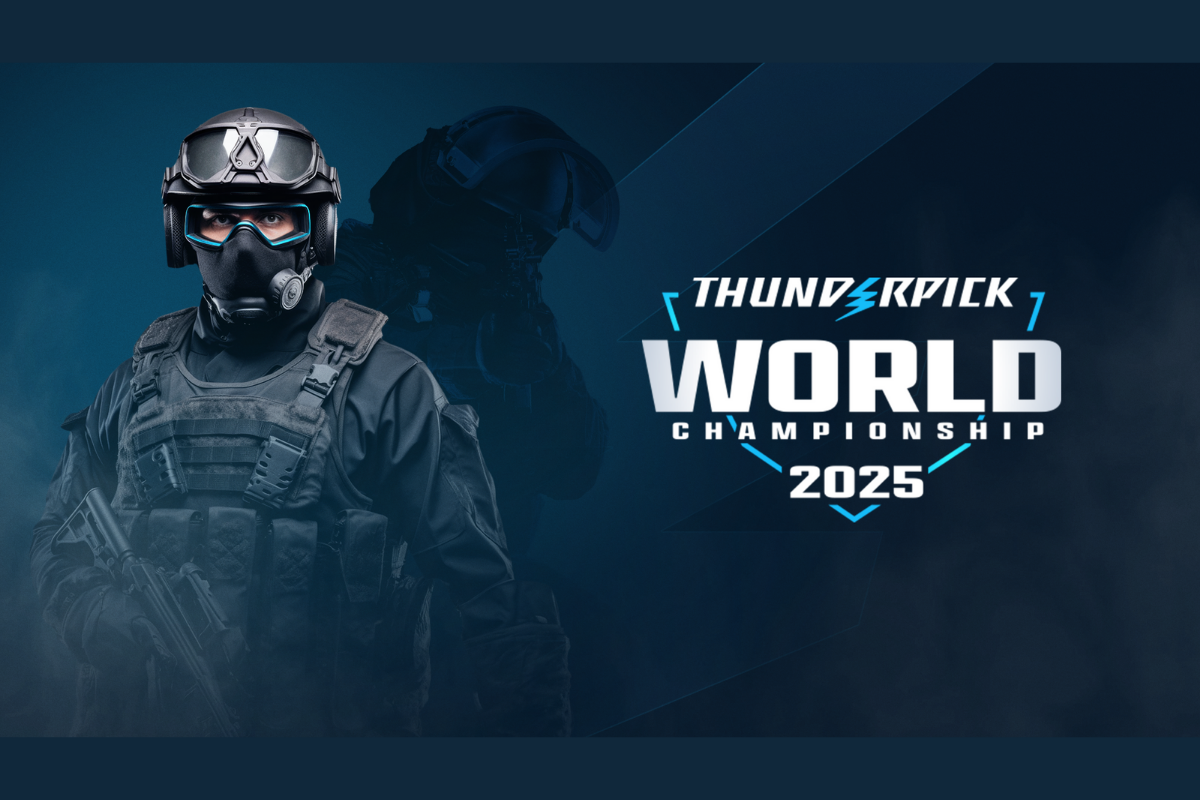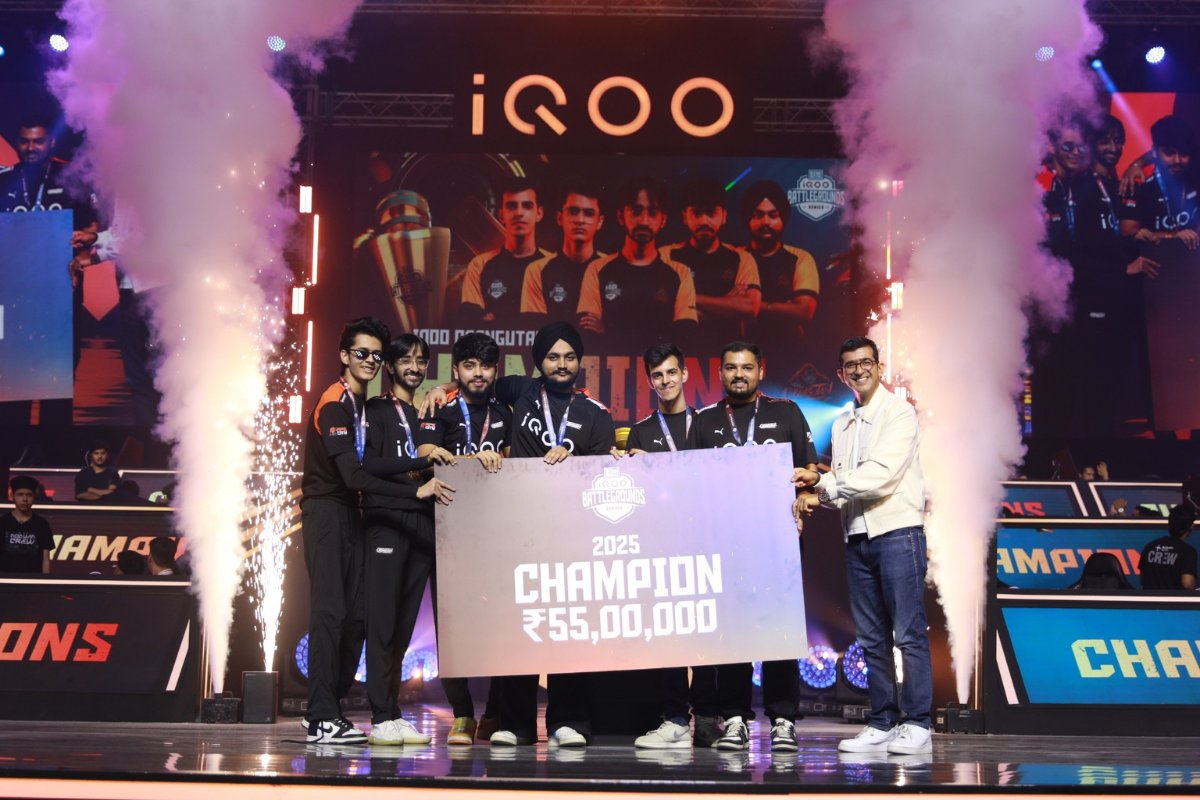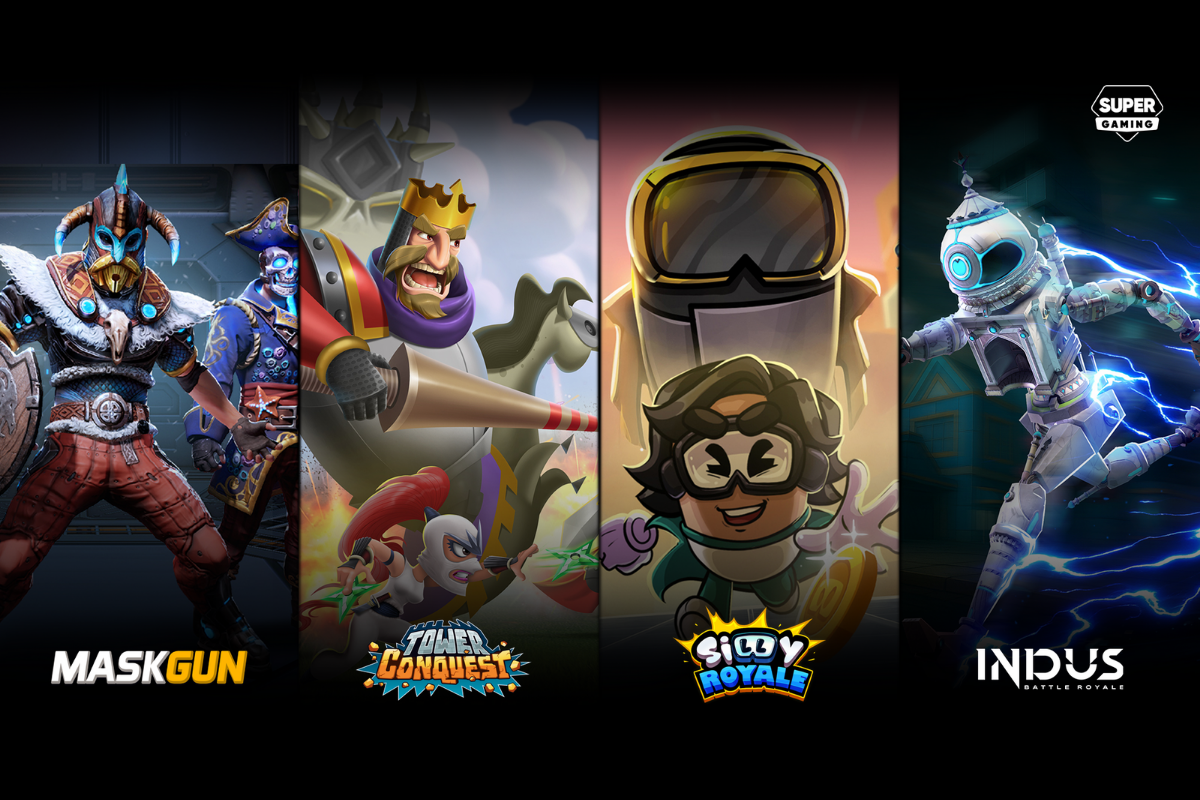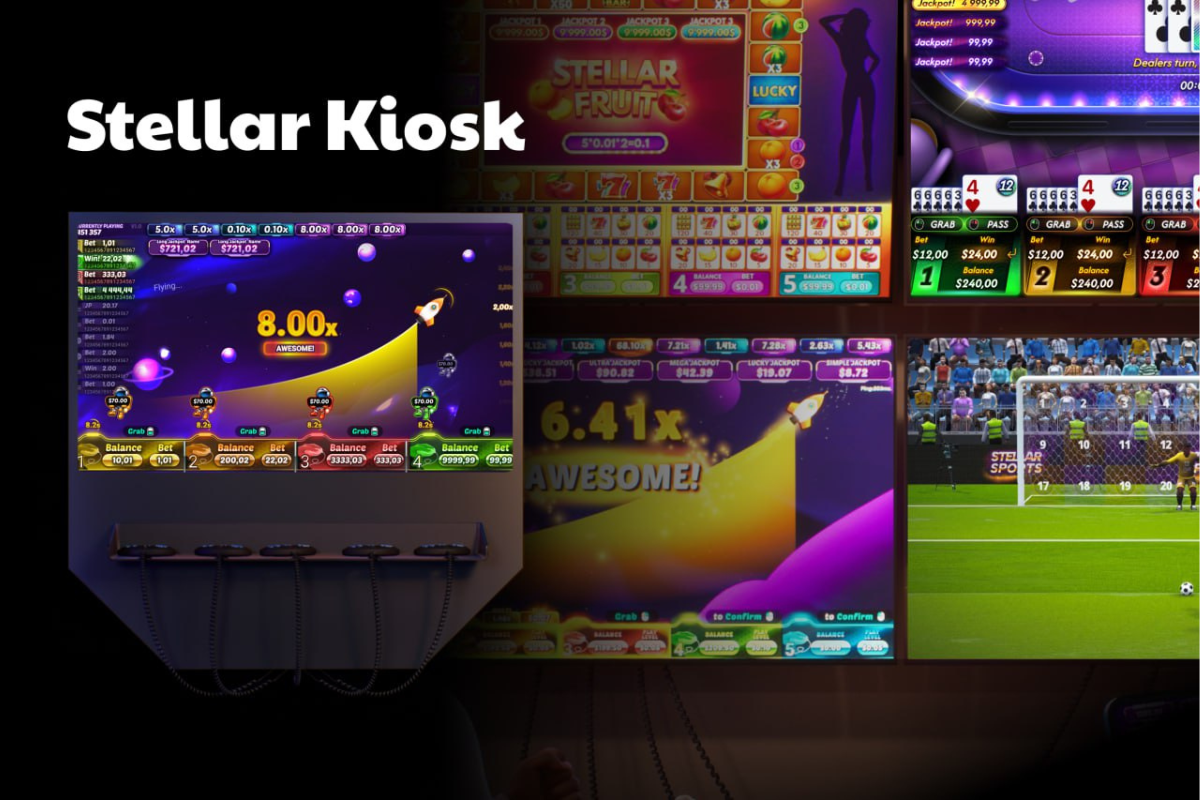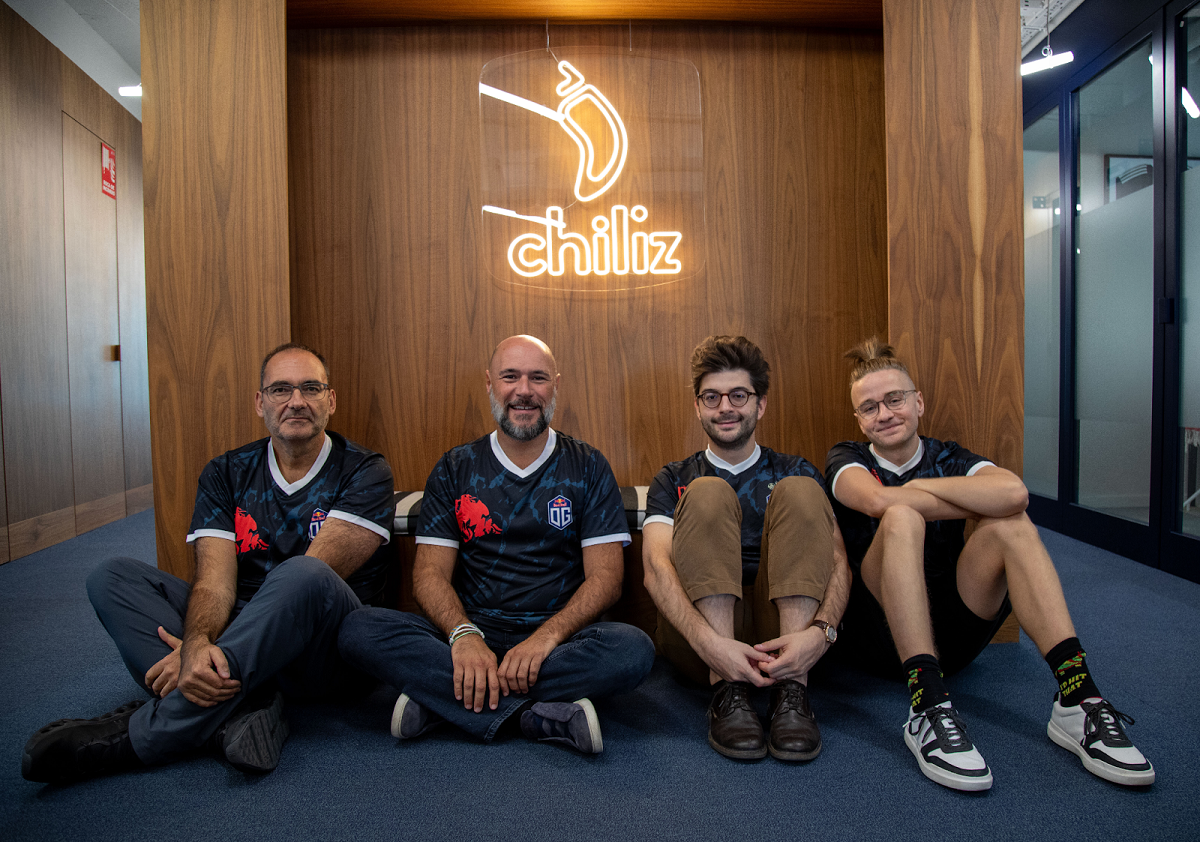Latest News
Which EU Country Has The Best Gamers?

So, who’s got the best gamers in the EU? It’s a question that sparks a fair bit of debate, online and off. You’ve got national pride on the line, bragging rights, the whole shebang. But pinning down “the best” is a tricky business. Are we talking about the country that rakes in the most esports cash? Or the one with the most dedicated player base? Maybe it’s about who consistently punches above their weight. It’s not as simple as looking at a leaderboard.
The UK’s Gaming Pulse
The United Kingdom alone has a rich gaming history, no doubt about it. From the early days of bedroom coders to today’s massive studios, the UK has left a big mark on the gaming world. The passion for gaming runs deep, with a huge number of players across all sorts of genres. It’s a place where gaming is just part of the cultural fabric. This enthusiasm isn’t just limited to traditional video games either. The broader entertainment space, including online platforms like casino websites, is pretty lively.
For instance, many people enjoy trying their luck on various UK casino sites, which offer a different kind of gaming thrill alongside the more conventional esports and video game scene. It all adds to a lively online entertainment culture.
And this isn’t just a feeling; the numbers back it up, too. The UK games market is a serious economic force. According to data from Statista, revenue in the UK’s Games market is projected to hit a whopping US$17.70 billion in 2025. That’s not small change. What’s more, it’s set for an annual growth rate (CAGR 2025-2029) of 7.75%, pushing the projected market volume to US$23.85 billion by 2029. Globally, the United States still leads in revenue, expected to reach US$141.84 billion in 2025, but the UK is a major player.
The number of users in the UK is expected to climb to 43.0 million by 2029, with user penetration going from 57.1% in 2025 to 62.3% by 2029. The average revenue per user (ARPU) is also impressive, expected to be US$979.83. It’s clear the UK’s games market is not just big; it’s growing and increasingly embracing immersive, interactive experiences.
What Makes a Nation “Good” at Gaming Anyway?
Before we start handing out trophies, what are we actually measuring? “Best” can mean a lot of things.
Is it the country with the most pro players dominating international tournaments? Think League of Legends World Championships, Dota 2’s The International, or major CS:GO events. Success here definitely shouts “skill”.
Or is it about the sheer number of active players? A large, passionate player base might not always translate to international trophies, but it shows a deep love for gaming. Then there’s the money. Which country’s players earn the most prize money? What markets and games generate the most revenue? These are quantifiable, but do they tell the whole story about skill?
Perhaps it’s about innovation or the strength of the local development scene? A country that produces amazing games might also foster amazing gamers. It’s probably a mix of all these things, and even then, it’s subjective.
The Nordic Powerhouses: Sweden and Denmark
You can’t talk about top-tier EU gamers without mentioning the Nordic countries, especially Sweden and Denmark. These nations consistently punch way above their weight in esports. Sweden, for example, has a legendary status competing in Counter-Strike. Teams like Ninjas in Pyjamas (NiP) and Fnatic have historic wins and iconic players. They’ve also produced stars in Dota 2, StarCraft II, and other competitive titles. There’s a strong culture of LAN parties and a general tech-savviness that seems to breed talent.
Denmark is right there with them, particularly in CS:GO. For a long time, Astralis was the team to beat, and they were known for their tactical genius and incredible teamwork. Danish players are all over the top rosters in multiple games. What is it about the water up there? Good internet, a supportive community, and perhaps a certain competitive spirit seem to be key ingredients. They take their gaming seriously, and it shows.
Germany: The Gentle Giant
Germany boasts one of the largest populations in the EU, and with that comes a massive player base. They’re huge consumers of games, and they host some of the biggest gaming events in Europe, like Gamescom in Cologne, which is an absolute behemoth of a convention, and ESL One events.
While they might not have the same density of top-tier individual esports champions as some smaller Nordic countries in every single title, German teams and players are consistently competitive across a wide array of games, from League of Legends (the LEC, Europe’s top LoL league, is based in Berlin) to FIFA and strategy games. Their sheer market size and the number of active communities mean there’s always a deep talent pool. They’re a constant presence, a reliable force in European gaming.
France: Flair and Fighting Spirit
France brings a certain je ne sais quoi to the gaming world. They have a particularly strong scene in fighting games and console esports. Think titles like Street Fighter, Tekken, and especially FIFA, where French players are often at the very top. They also have a passionate following for games like League of Legends and Trackmania – a racing game where French players have historically dominated.
The French gaming community is known for its passion and strong national identity at events. They show up, they make noise, and they support their players fiercely. This enthusiasm can be a powerful motivator. Plus, companies like Ubisoft are French, which shows a strong domestic development scene, too.
Poland: Passion and Potential
Poland is another country with an incredibly passionate gaming community. While they might be best known internationally for CD Projekt Red, the developers behind The Witcher and Cyberpunk 2077, their player base is also formidable. CS:GO has a massive following, and Polish teams and players have had significant international success.
The atmosphere at events held in Poland, like IEM Katowice, is legendary. The roar of the crowd is something else. This level of local support and enthusiasm for esports creates a fertile ground for talent to emerge. They might not always have the same level of consistent top-tier wins as some other nations, but the raw passion and growing infrastructure suggest a bright future.
Beyond the Big Names
Of course, talent isn’t confined to just these countries. Finland has produced some incredible individual talents, especially in games like Dota 2 (think JerAx or Topson) and CS:GO. The Netherlands has a strong showing in various esports. Spain and Italy have growing communities and are making more and more noise on the international stage. The beauty of the EU gaming scene is its diversity. Different countries excel in different areas, and new talent is always emerging from unexpected places.
Final Thoughts: So, Who’s the Best?
If you value consistent, top-tier esports dominance in specific titles like CS:GO, then Sweden and Denmark are incredibly strong contenders. If you’re looking at market size and overall player engagement, Germany and the UK are powerhouses. If it’s about passionate communities and specific genre strengths, France and Poland stand out.
The truth is, there’s an incredible amount of gaming talent spread all across the European Union. The infrastructure is generally excellent, with good internet speeds and a high level of tech adoption. Gaming is a mainstream hobby, and esports is increasingly recognised as a legitimate competitive field.
-

 Asia5 days ago
Asia5 days agoDigital gaming disruption tackled in 1st AsPac Regulators’ Forum
-
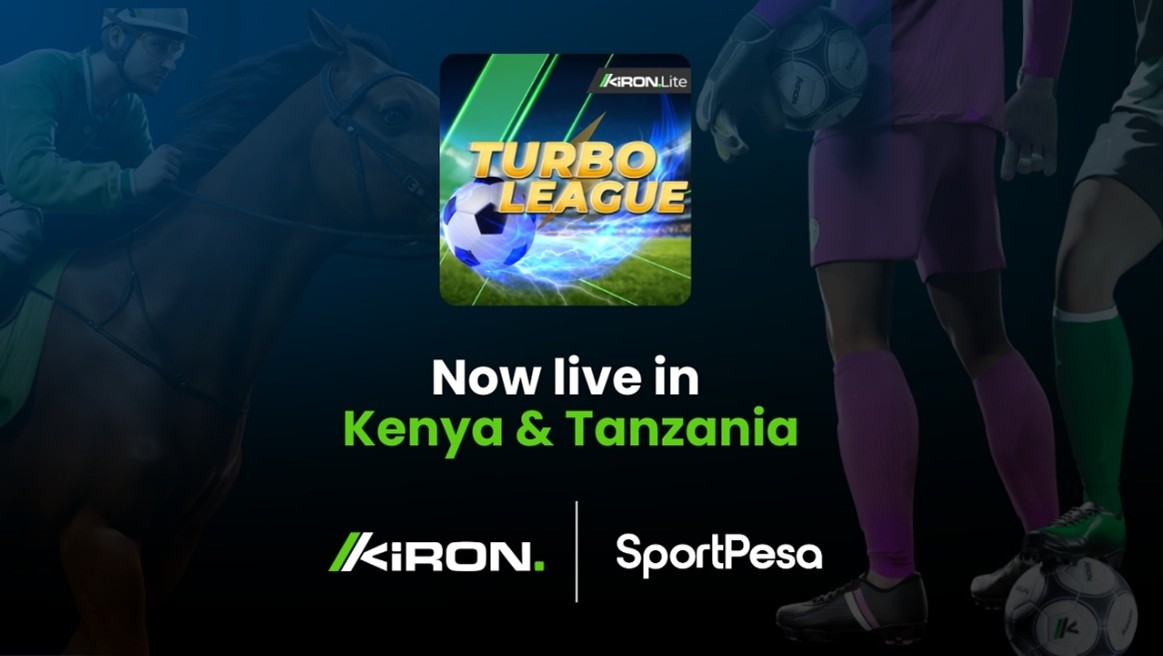
 Africa7 days ago
Africa7 days agoKiron announces the launch of its new virtual football title, Turbo League, with SportPesa in Kenya and Tanzania
-
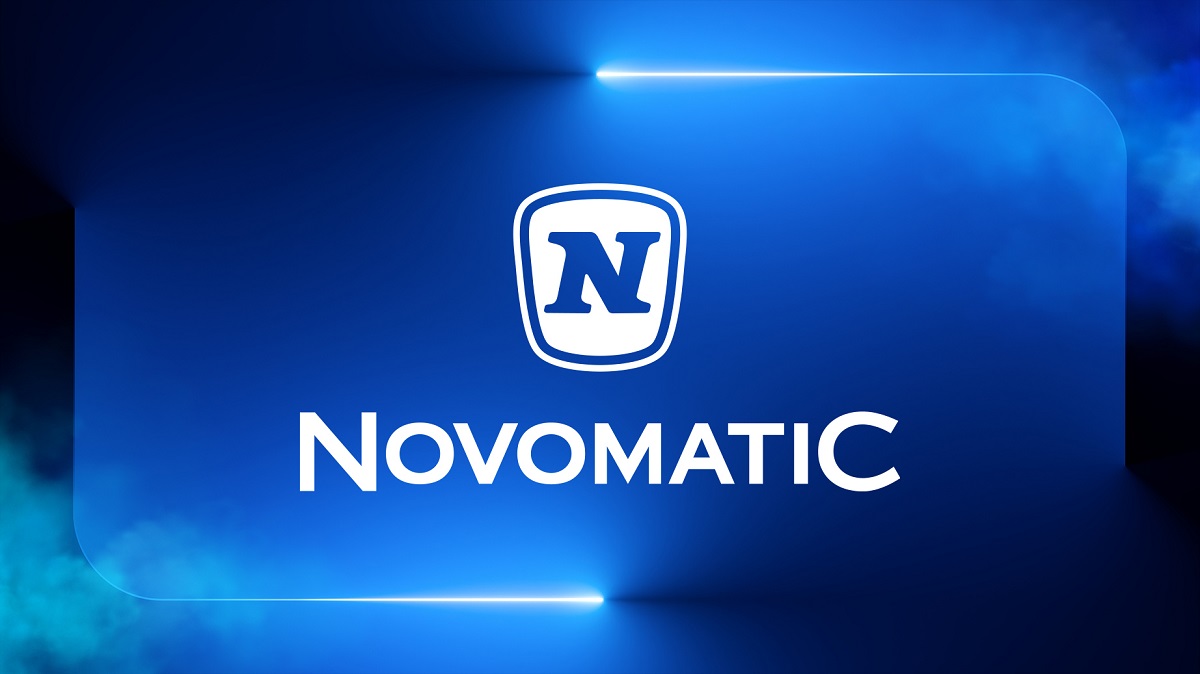
 Aquisitions/Mergers7 days ago
Aquisitions/Mergers7 days agoNOVOMATIC successfully completes sale of ADMIRAL Austria to Tipico and focuses on international growth markets
-

 Compliance Updates6 days ago
Compliance Updates6 days agoSOFTSWISS Releases Gambling Regulation Directory for iGaming Operators
-
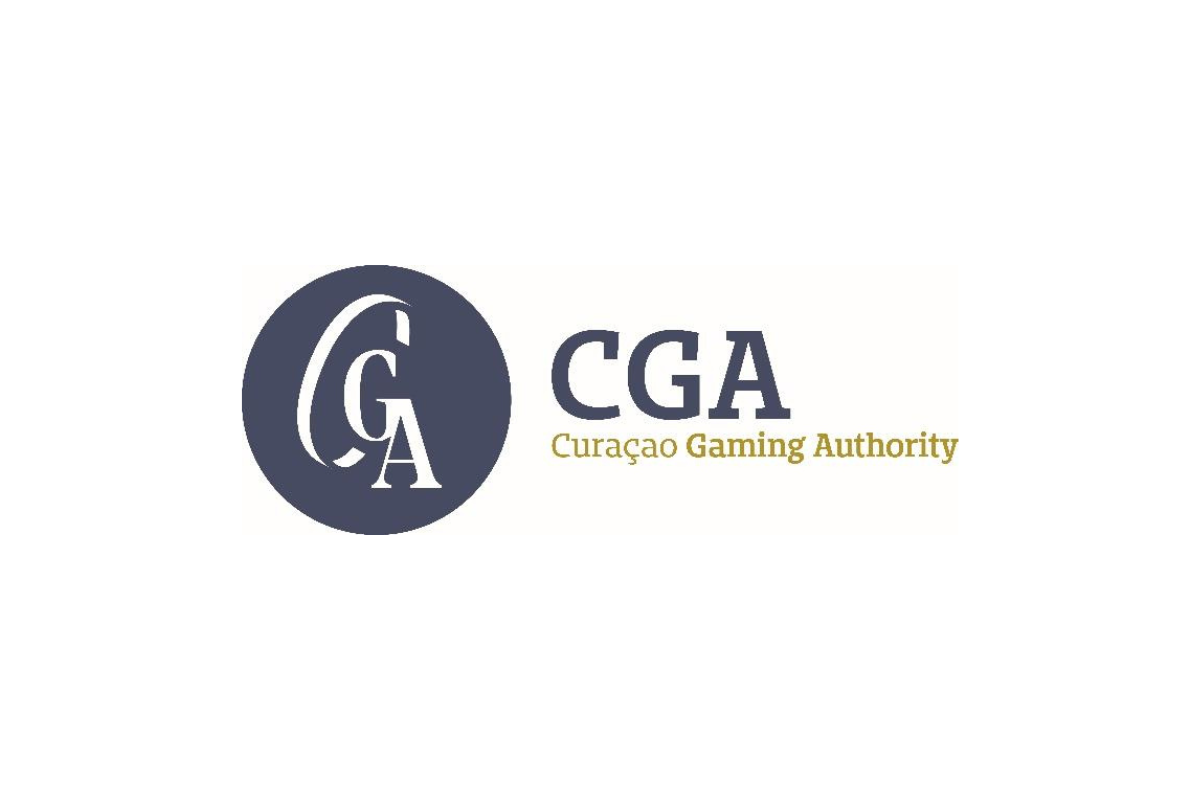
 Compliance Updates6 days ago
Compliance Updates6 days agoAlternative Dispute Resolution (ADR) Role and Certification
-

 Asia6 days ago
Asia6 days agoiRace Media extends partnership with The Hong Kong Jockey Club in Asia
-

 Central Europe6 days ago
Central Europe6 days agoSYNOT Games Delivers Bespoke Games Exclusively for SazkaHry.sk in the Slovak Market
-
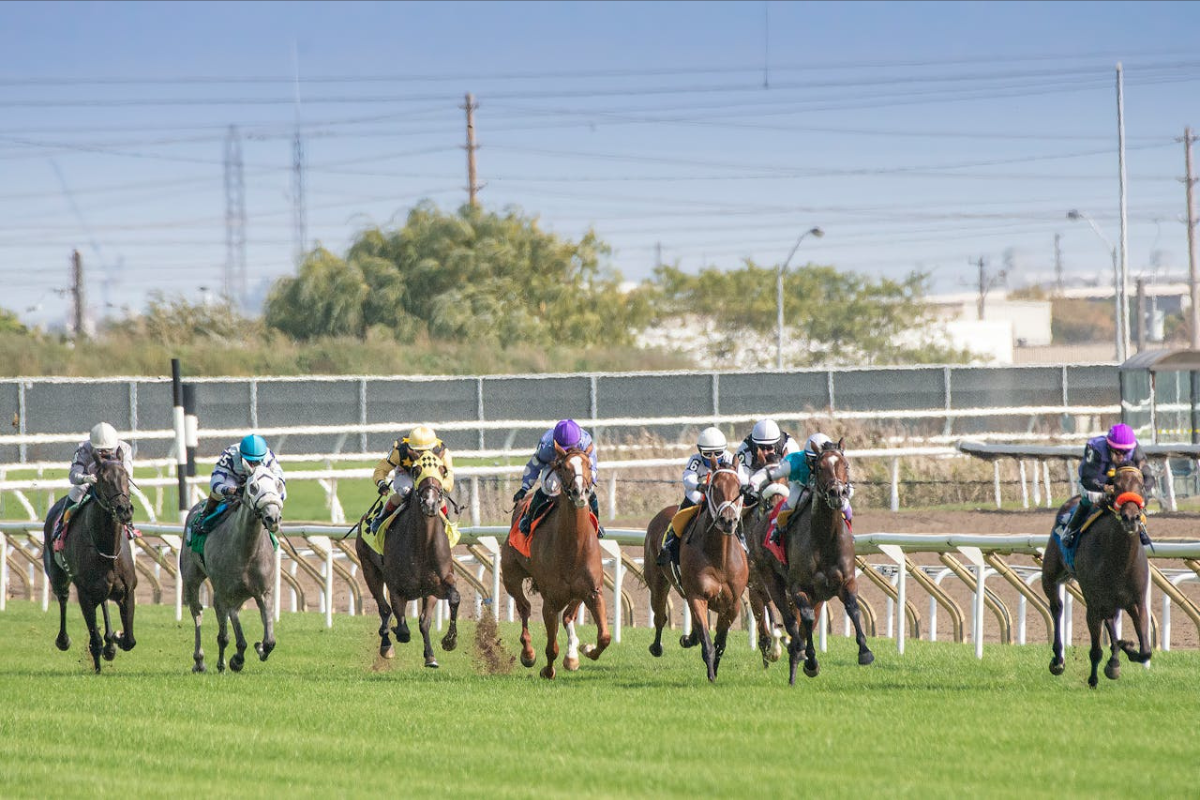
 Latest News6 days ago
Latest News6 days agoIs Horse Racing Betting Still Popular In Europe?






